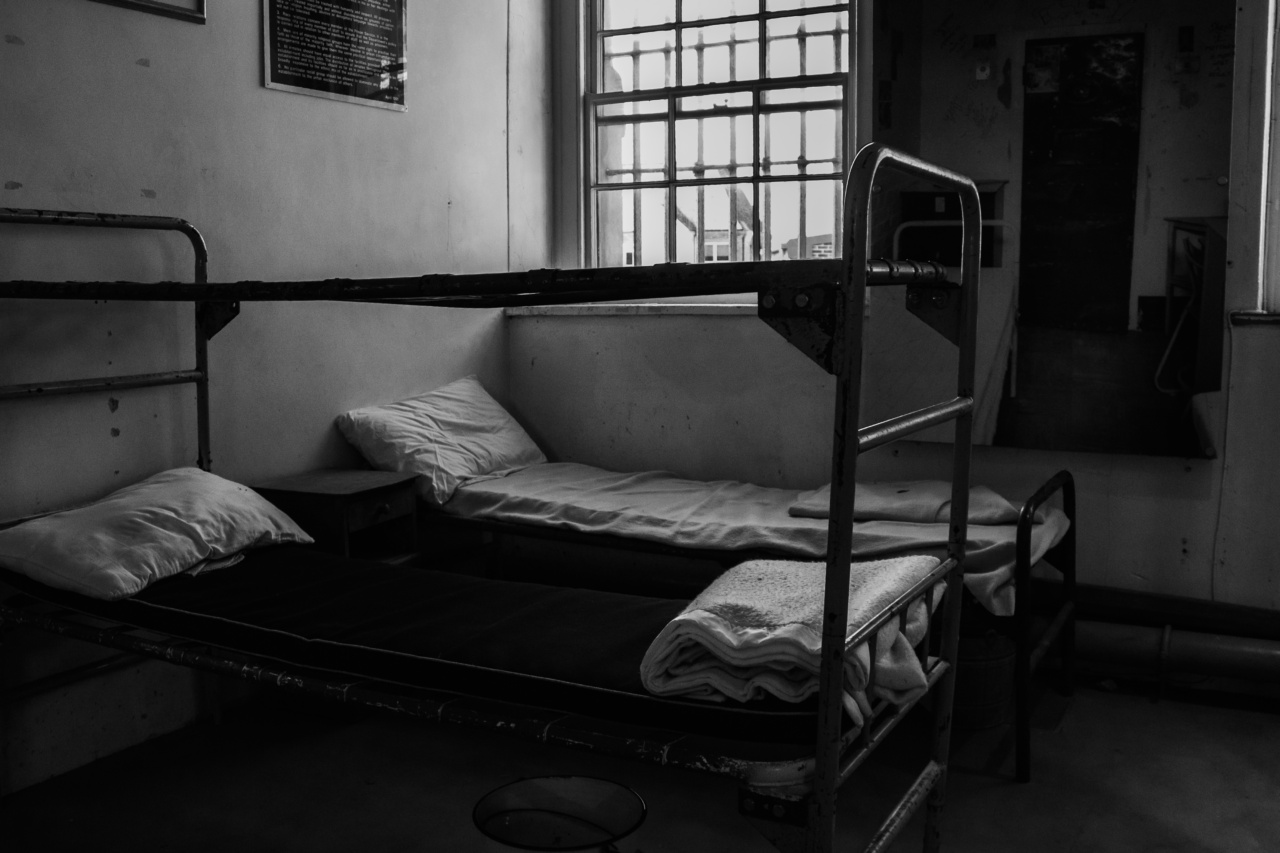If you’ve ever traveled abroad, you may have experienced a restless night of sleep in a foreign bed.
There’s something about sleeping in a different place, with different pillows and blankets, and different sounds and smells, that can make it difficult to get a good night’s rest. But what is it about foreign beds that makes them so uncomfortable? The science behind restless sleep in foreign beds is a fascinating topic that can help explain why we have trouble sleeping when we travel.
Jet Lag
One of the biggest reasons why we have trouble sleeping in foreign beds is because of jet lag. Our circadian rhythm, or internal sleep-wake cycle, is influenced by the amount of light we are exposed to.
When we travel across time zones, our bodies are forced to adjust to a new sleep schedule. This can throw off our circadian rhythm and make it difficult to fall asleep at night.
Mattress and Pillow Comfort
Another reason why we may have trouble sleeping in foreign beds is because of the comfort level of the mattress and pillows. Everyone has different preferences when it comes to the firmness of a mattress and the fluffiness of a pillow.
When we sleep in a foreign bed, we may not have access to the bedding that we are used to, which can make it difficult to get comfortable and fall asleep.
Temperature Control
The temperature of our sleeping environment can have a big impact on our ability to fall asleep and stay asleep. If a foreign bed is too hot or too cold, we may find it difficult to get comfortable and fall asleep.
Additionally, the humidity level of a foreign environment can also affect our sleep quality. If the air is too dry, it can dry out our airways, making it harder to breathe and causing us to wake up during the night.
Noise and Light Pollution
Noise and light pollution can also play a role in our ability to fall asleep in a foreign bed. If the place we are staying is located in a noisy or brightly lit area, it can be hard to block out the sounds and light from outside.
This can affect our sleep quality and make it difficult to fall asleep at night.
Sleeping Position
The position we sleep in can also affect our ability to fall asleep in a foreign bed. If we are used to sleeping on our side or stomach, and the foreign bed only has a firm mattress, it may be uncomfortable to sleep in our preferred position.
This can cause us to toss and turn throughout the night, leading to a restless night of sleep.
Anxiety and Stress
Finally, anxiety and stress can also play a role in our ability to fall asleep in a foreign bed. The unfamiliar surroundings, combined with the excitement and anticipation of traveling, can cause us to feel anxious and stressed.
This can make it difficult to unwind and fall asleep at night.
Conclusion
As you can see, there are many factors that can contribute to a restless night of sleep in a foreign bed.
From jet lag and mattress comfort to temperature control and noise pollution, there are many variables that can affect our ability to fall asleep and stay asleep. By understanding the science behind restless sleep in foreign beds, we can take steps to improve our sleep quality when we travel, and make the most of our time exploring new places around the world.































